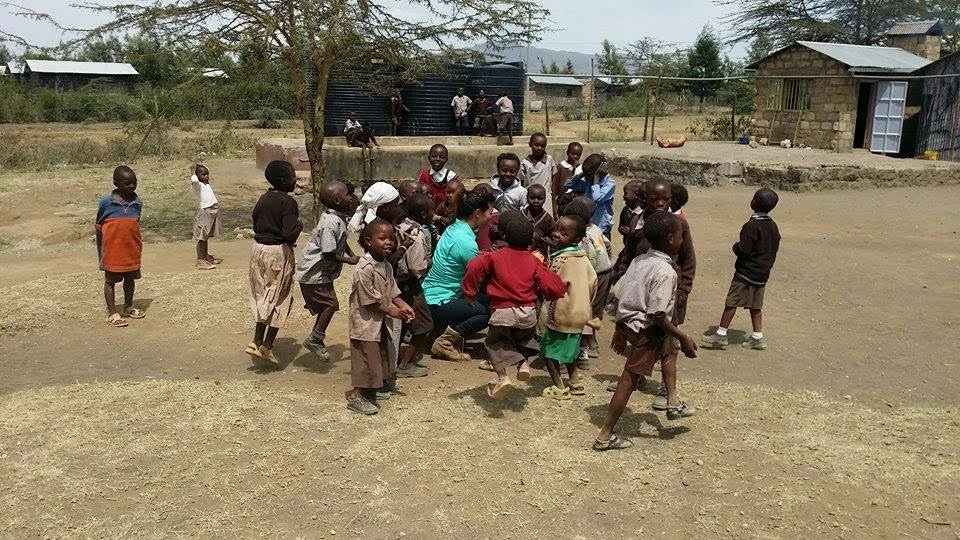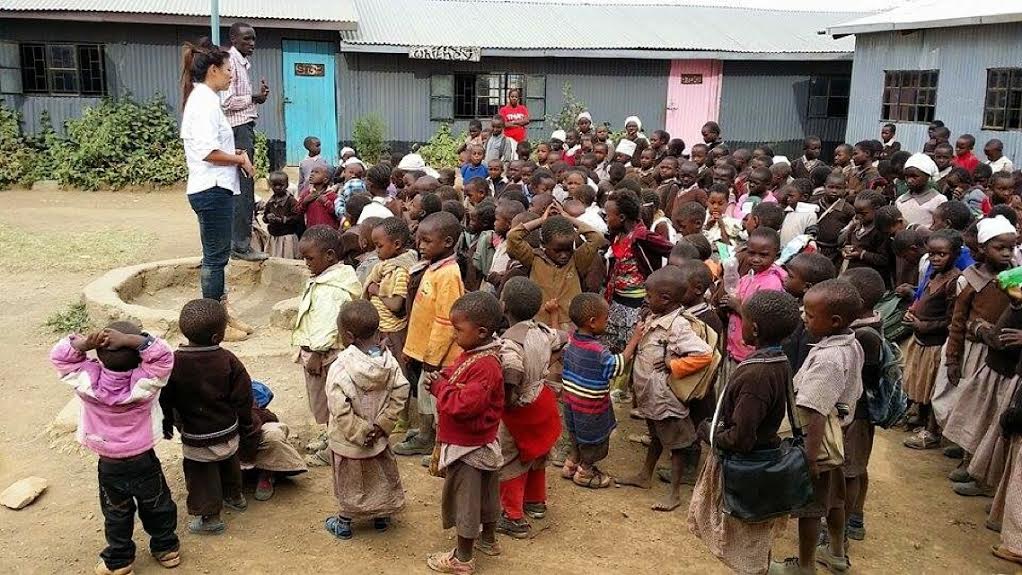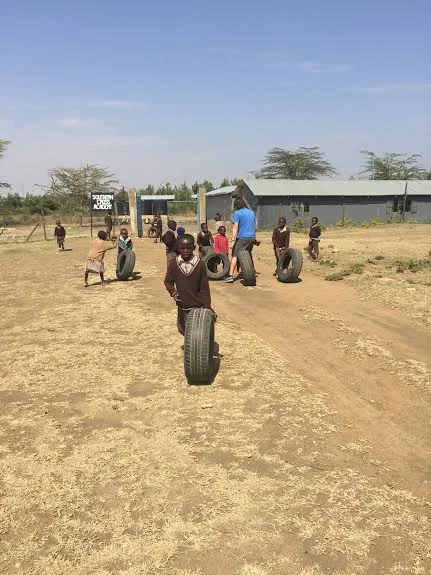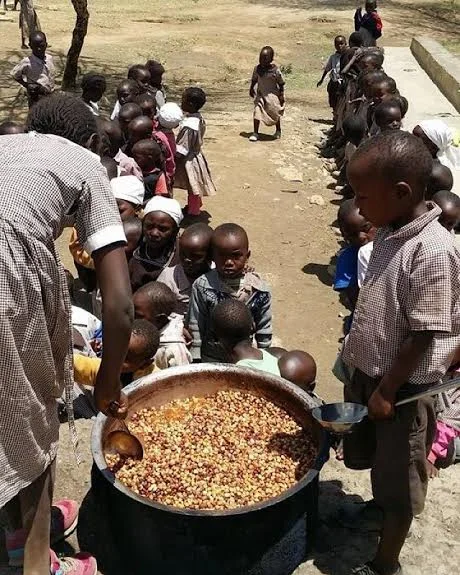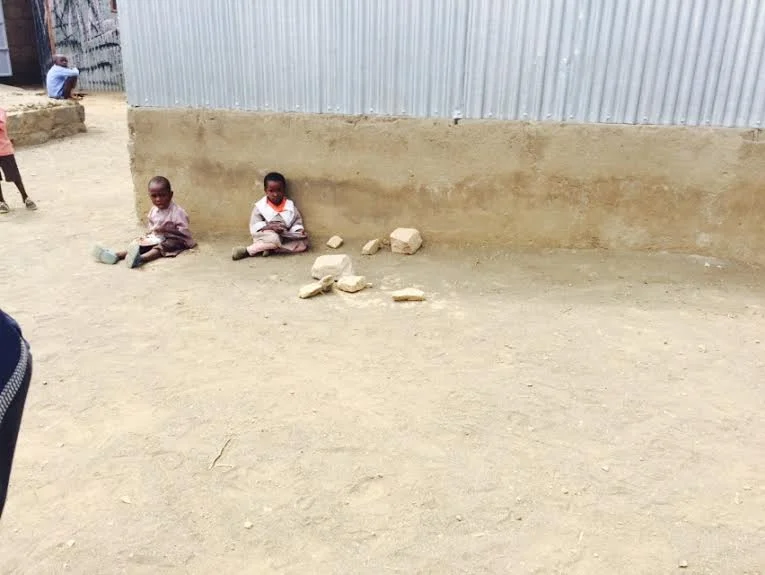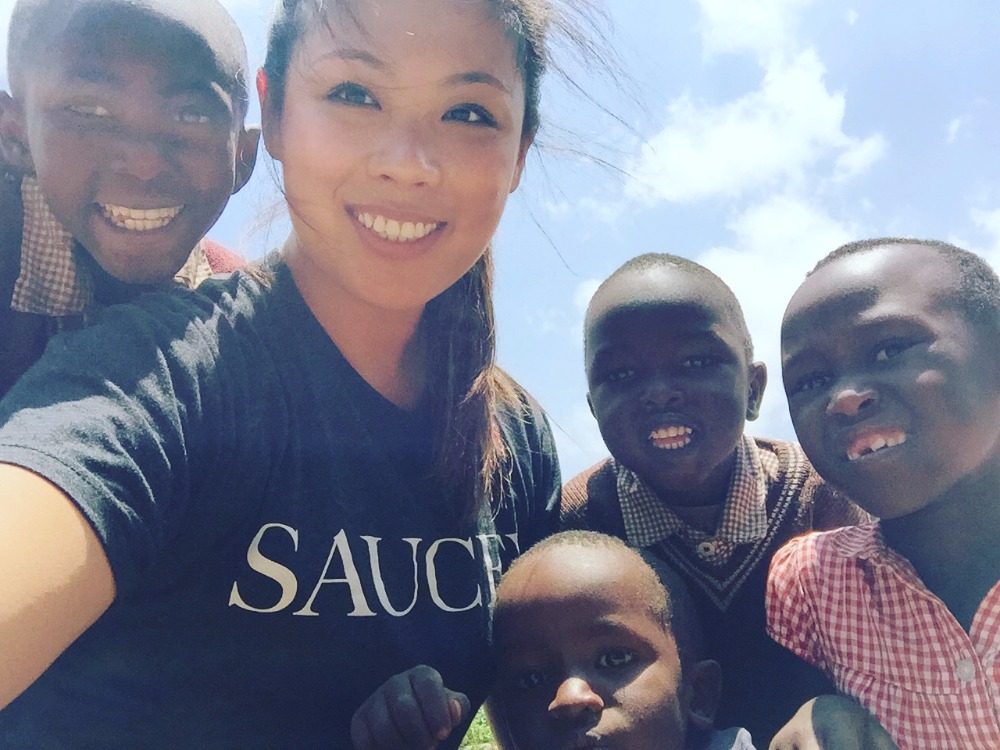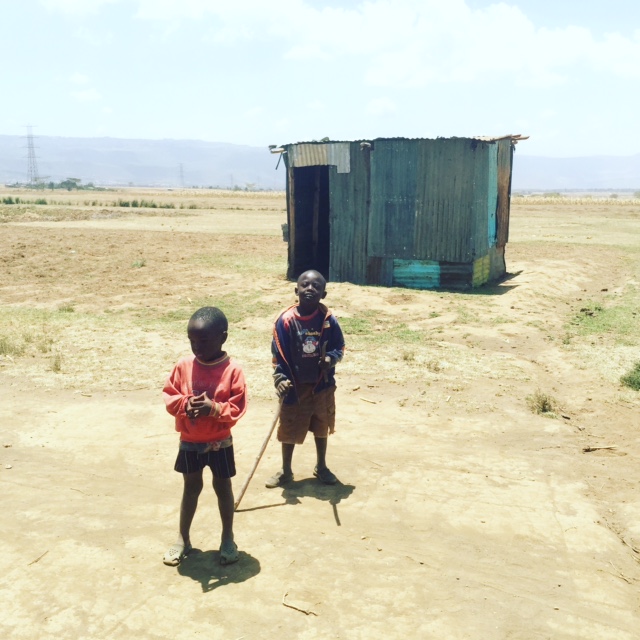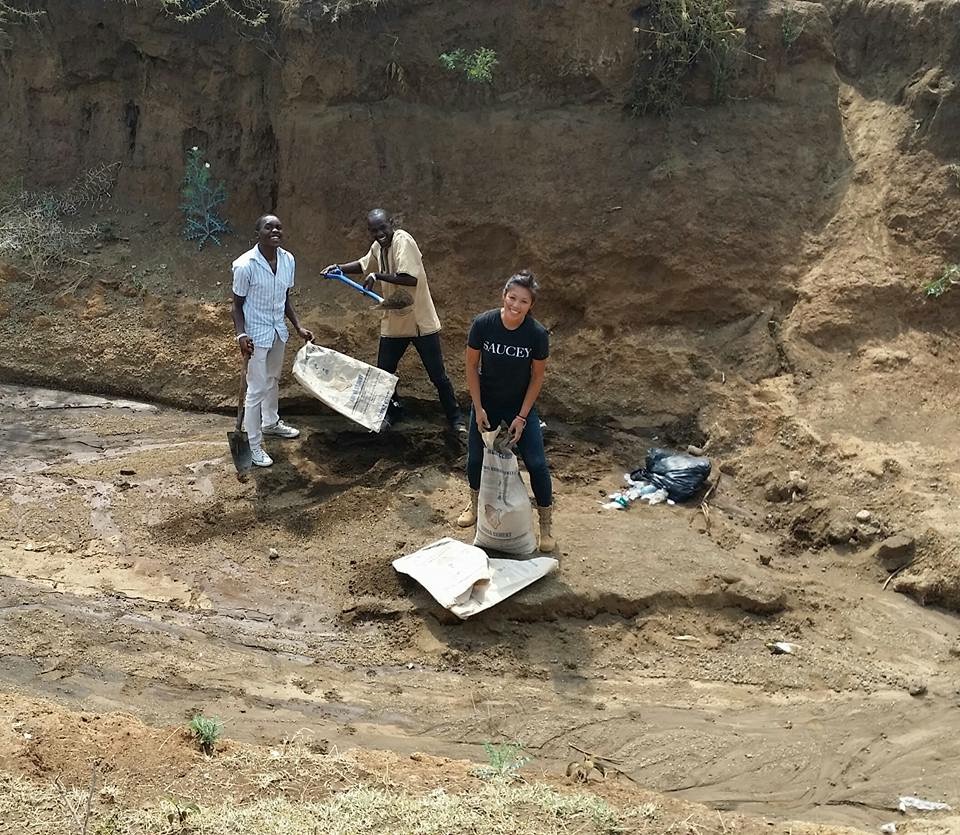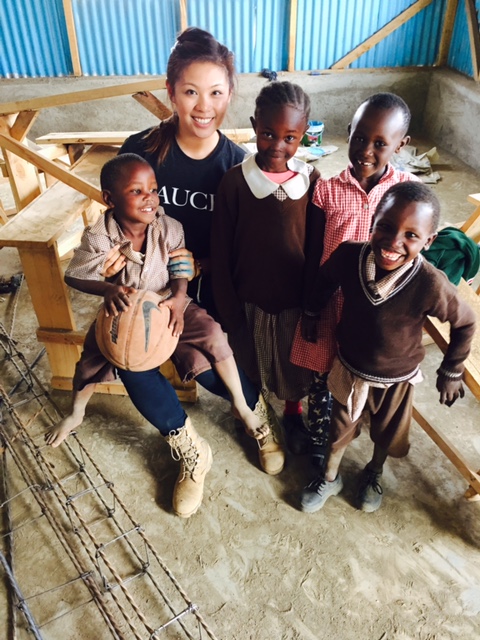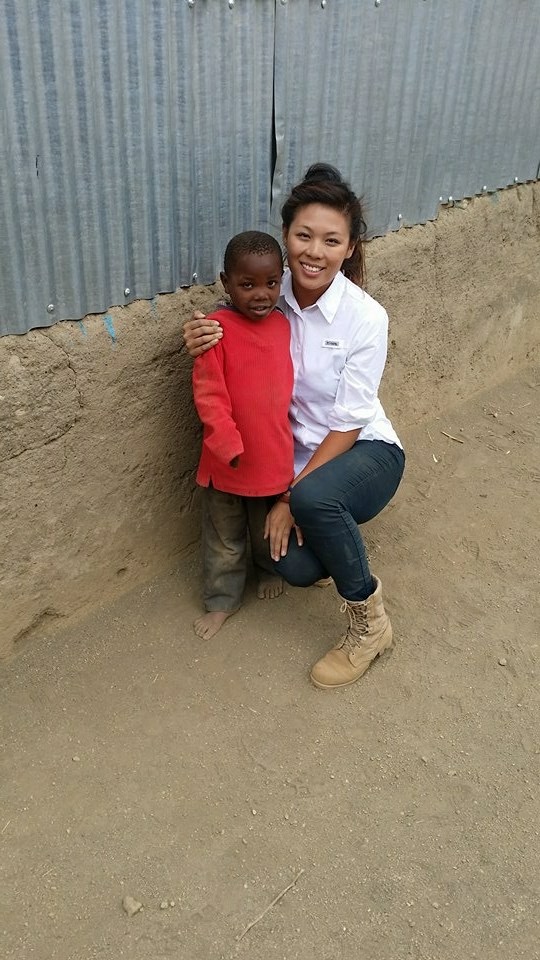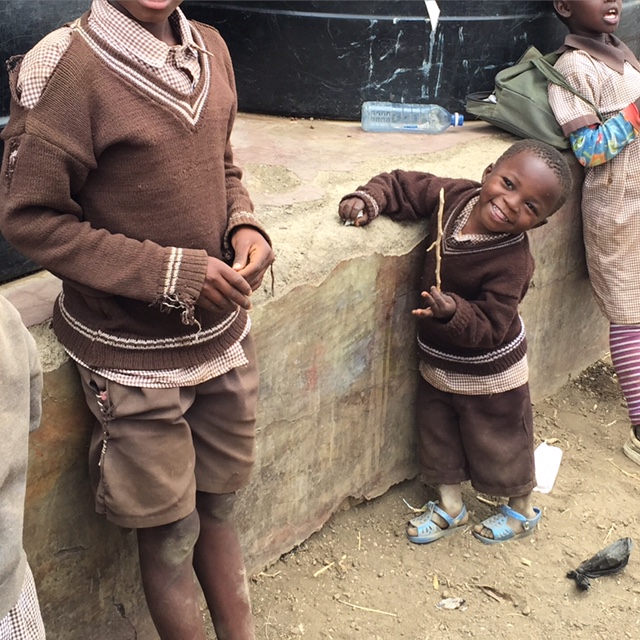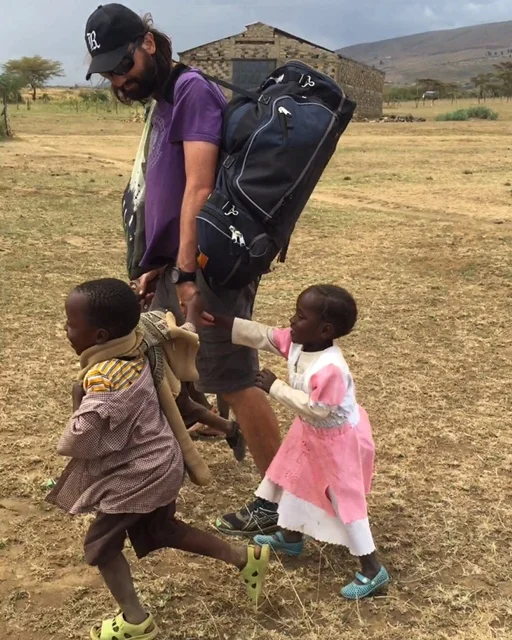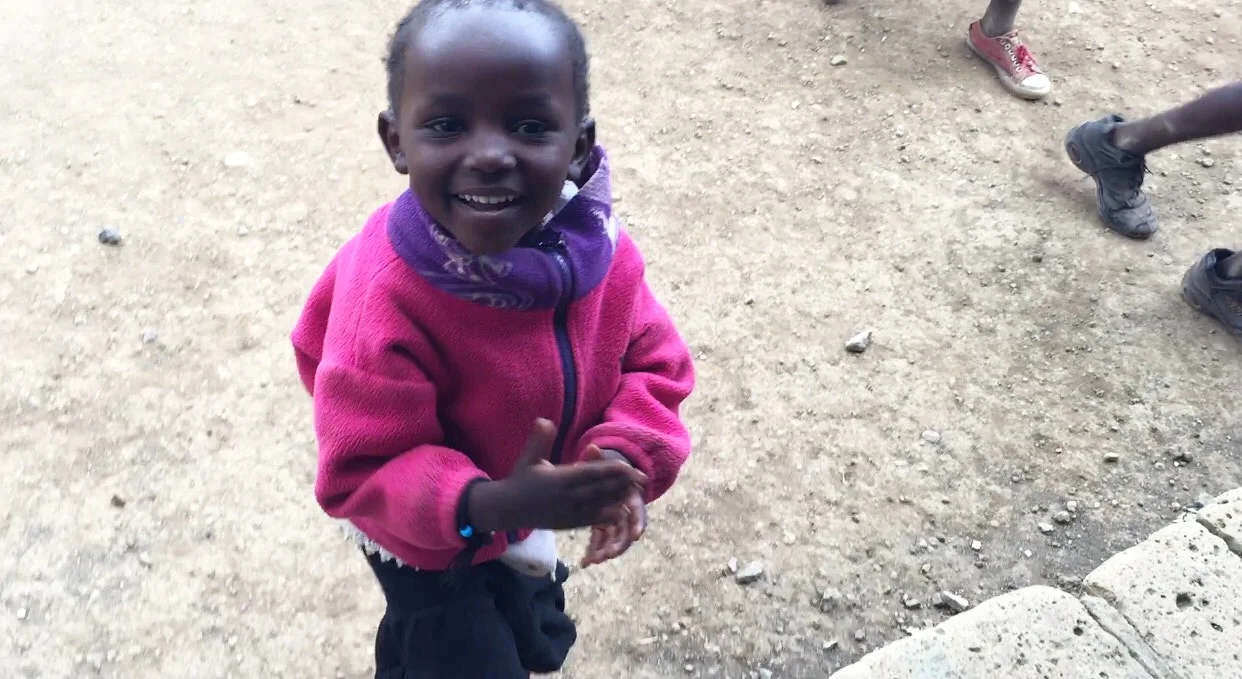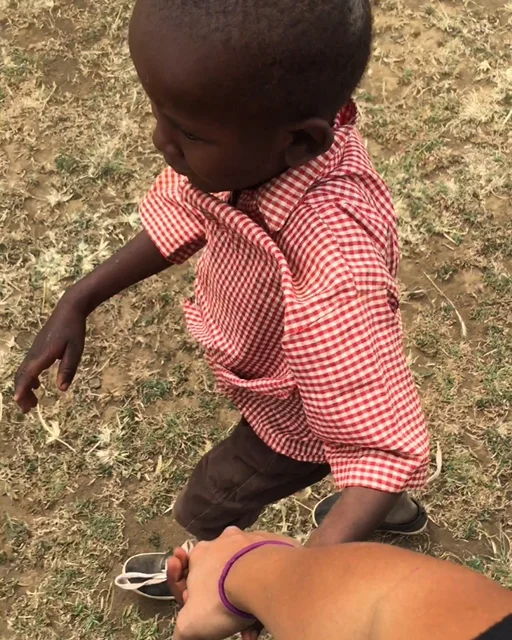Causes
Big Brothers Big Sisters | Mentor
Los Angeles, CA
Make-A-Wish Foundation | Wish Granter
Los Angeles, CA
IDP Refugee Camp | Volunteer
Kenya, Africa
Boys and Girls Club | Mentor
Los Angeles, CA
Tzu Chi Foundation | Volunteer
Chicago, IL
The Salvation Army | Volunteer
Chicago, IL
Habitat For Humanity | Volunteer
Orlando, FL
Los Angeles, CA
Every breath is a gift, and we must be grateful for each one:
This story begins with following my heart. I invested every bit of energy I had working 70-80 hour weeks for 6 years at a start up company. I wanted nothing more than to define a path, aggressively build my career and earn an executive level position as quickly as possible. I also wanted to see the company I helped build succeed, prioritizing work over family, my health, and forfeited having a social life. I was grateful for the opportunities work had given me, but I wasn't happy.
In September 2015, I quit my job and made my way to Kenya, Africa. It was the perfect opportunity to finally do something I was passionate about, and that was to promote education, learn about poverty alleviation and protect human rights in developing countries.
I volunteered at a refugee camp for internally displaced persons that holds over 4,500 people in Kenya, Africa. I worked at an elementary school in the outskirts of Mahi Mahiu and have come to witness their day-to-day hardships for basic essentials and survival. The students receive just one meal per day (a mixture of beans and maize) and do not have access to clean water. They are also in serious need of health care and have no access to any medical support, supplies or funding within the camp.
This is where I met two other volunteers: Jess Scaletti, who worked with abused women and children, refugees, street children and the IDP camp, and Beck Bradshow, who served as a nurse at Kivuli Medical Centre with patients suffering from illnesses such as HIV, TB and malnutrition. This year we've teamed up to build a clinic for people suffering with HIV+ at the camps in Mahi Mahiu.
Who are the internally placed persons and what events resulted in this?
The 2007 post election riots left thousands of Kenyans homeless and traumatised by what they saw and experienced. These riots killed over 1200+ people and resulted in 500,000+ displaced persons with no homes. I was volunteering at a camp that holds >4,500 of these internally displaced persons and have personally witnessed the struggles that these people are going through.
What is the importance of building a medical center?
This is such an important project, as so many diseases can be easily prevented through education, medication and immunisation. Access to health care is so important!
What is the budget?
Our starting budget for the building is around $24,000. It will have 6 rooms and a waiting room. Once that is underway we will begin budgeting for what is needed inside the clinic. This is a massive project, but after having personally seen how much these people are suffering - it is very needed and worth it!
This has all been organised by Jess who has been fundraising for IDP people in Kenya since 2015. Thank you for your inspiration and initiative. You can stay up to date with the progress and give her support via her 'Care for Kenya' Facebook page - https://m.facebook.com/Care-for-Kenya-616499821827561/?ref=bookmarks
How do I get in touch?
I would love for you to personally contact me if you have any questions or just want to say hi. My facebook page is:
https://www.facebook.com/suzytai
We can make a difference together.
More information about the 2007-2008 Kenya Crisis:
In 1991, when multi-party politics was introduced, violence became known as an election-time tradition. However, the fighting and aggression demonstrated in December, January, and February 2007 was and has been unmatched by any election related uprising.
The presidential elections were a two-horse race between:
- Mwai Kibaki, running on a Party of National Unity (PNU) ticket, and
- Raila Odinga, leader of the Orange Democratic Movement (ODM).
They were strongly marked by tribal hostility , with Kibaki a member of the traditionally dominant Kikuyu ethnic group, gaining much support amongst the Kikuyu and neighbouring groups in central Kenya, including the Embu and Meru. Odinga, as a member of the Luo ethnic group, succeeded in creating a wider base by building a coalition with regional leaders from the Luhya in Western Kenya, Kalenjin from the Rift Valley and Muslim leaders from the Coast Province.
Just fifteen minutes after Kibaki was announced president, Luo began violent attacks on Kikuyu. Slums were the first places affected by the political outrage, with hundreds of Kikuyu homes burned and Kikuyu families forced to grab their belongings and flee. Within a day, nearly all businesses were closed and the usually bustling streets of Nairobi were empty.
During January and February 2008, hundreds of thousands of people were displaced from their homes, and more than 1,000 people died from the post-election violence. Crime exploded in densely-populated areas, such as Luoland, settlements in the Rift Valley, and intra-urban slums in Mombasa. In Kisumu and parts of Nairobi, the streets saw constant rioting until the end of January. Farms were looted and roads were blocked, leaving people unable to work, farmers and commuters alike.
Many members of large ethnic groups attacked anyone whom they felt didn't belong; minorities and people that had come from other countries were common targets. Some people even fled to Uganda and other nearby countries to escape the social unrest. One sector greatly affected by the political unrest was tourism; flights and tours were cancelled, companies withdrew from Kenya, and many people lost their job due to lay-offs. (loss Kenya suffered from the lack of visitation equals approximately $47.6 million). The fragile state of the economy affected surrounding countries as well.
The civil unrest was ended 5 years later by the Nakuru County Peace Accord, a treaty designed to address sources of ethnic conflict and violence in the Rift Valley region of Kenya. Rights group says people have been left poor and marginalised by the government's failure to deliver justice after 2007-08 vote.

